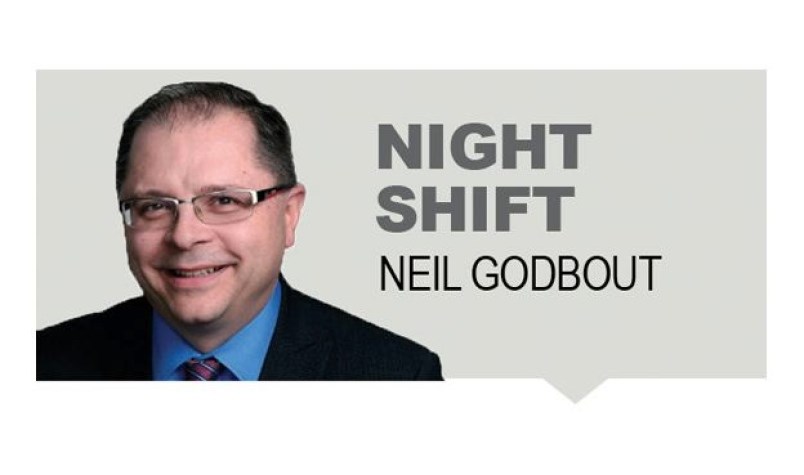Got Pfizered on Monday at 5.
By 7, I felt terrible.
An hour later, I was in bed, exhausted and aching.
Felt the same all day Tuesday.
On Wednesday, the fatigue was gone but the soreness was not.
On Thursday morning, I felt like a million bucks.
That was the first time I had ever reacted to a shot and I receive the flu shot every year. As the sheet I was given at the Civic Centre on Monday afternoon explained, feeling sick after getting vaccinated is normal. It’s simply a sign of the immune system going on red alert and generating the antibodies needed to fight off the real virus.
Individual immune systems are powerful but also unpredictable. Some people die when their immune system spins out of control, attacking the problem virus or infection so aggressively that essential organs and functions are caught in the crossfire. In the case of the Spanish flu from a century ago, which affected young people far worse than COVID-19, the immune systems of young, healthy adults worked against them, generating such a strong but toxic internal response that it eventually caused the death of millions. Children, with less powerful and developed immune systems, and older people with slower and weaker immune systems, still got sick and many died but not as often.
Today, I feel like I’ve rounded a corner, like I’ve made my own small contribution to making the world a safer place because I followed the best medical advice offered and did the right thing for myself, my family and my friends.
After Monday morning’s column, where I urged people to be patient and tolerant of those who were reluctant or refusing to get vaccinated, I took shots in both arms. On one hand, some felt I was being far too accommodating and was even providing comfort to those who are using inaccurate information, personal hangups, superstitions and/or conspiracy theories to justify their choice. On the other hand, some said I was overselling hastily approved vaccines that are producing dangerous and sometimes deadly side effects with little knowledge or research into long-term effects.
Guilty as charged on both counts.
I both refuse to publicly shame individuals who choose not to be vaccinated but I also refuse to not do everything I can to encourage as many people as I can to get vaccinated.
Put another way, I believe attacking the people who won’t get vaccinated is as harmful to society as the hyper-aggressive immune system can be to an individual body. The golden and silver rules apply here. And if the facts and science are on your side, there’s no need to get mad, right? Far better chance of getting someone to change their mind with respect and facts than with screaming and insults.
My discussions, both in person and by email, with the vaccine hesitant and doubters have been illuminating. I’ve learned their logic, where they receive their information, how they perceive risk and the emotions and experiences that drive them. In other words, I’ve got to know each of them a little and now I can be far less personal and far more precise with my arguments urging them to reconsider.
It’s important to separate the people who actually do want to talk from the people who just want to stand on street corners, in real life or online, shouting about how awful the political and health leaders.
Maybe those folks will come around when they’re told they won’t be able to get on a plane, cross an international border, send their kids to public school, holiday on a cruise ship or visit a hospital or long-term care facility without proof of vaccination. All of those scenarios - and many more - are possible (and legal) in the post-COVID world.
Not sure what that world looks like yet but I’m glad my first shot Monday got me one step closer to it.



